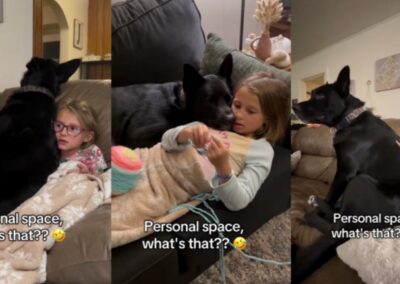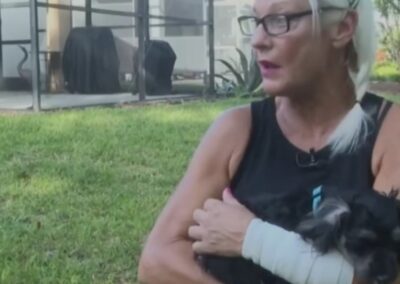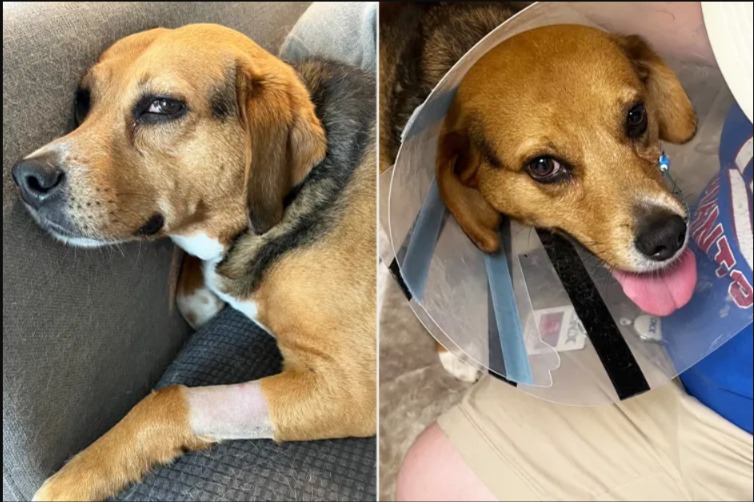
When Scout, a 6-year-old beagle mix, trotted around her backyard that morning, she had no way of knowing danger had literally fallen from the sky.
What her owners found shortly afterward would throw their world into chaos.
Scout’s fenced yard held a surprise: several golden, rectangular bait packets—about the size of AA batteries—scattered among the grass.
At first, her family thought they were harmless. But when they read the markings and discovered they were rabies vaccine baits meant for wildlife control, panic set in.
These drops, conducted by agencies to control rabies in wildlife, aren’t supposed to land in private backyards.
Unaware, Scout had chewed and consumed an unknown number of these baits.
At first, the official guidance reassured them: small amounts typically cause only mild stomach upset in domestic pets. But within hours, Scout turned pale and sick.
She was heaving, vomiting, and unable to keep water down. Her owners rushed her to an emergency clinic.
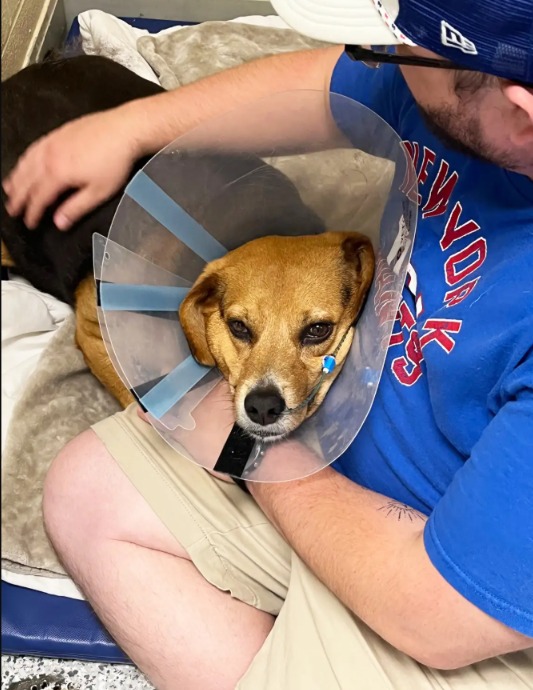
At first the vets thought this was just a strong reaction to the bait ingestion. But as Scout’s condition worsened, signs pointed to something more serious.
She had likely aspirated vomit—meaning she inhaled some fluids into her lungs. The result was a lung infection and pneumonia.
Her oxygen levels dropped. She was placed into an oxygen cage and started on antibiotics, IV fluids, and serious supportive care.
For days, Scout was hospitalized. Her family watched, hearts clenched. Every lab test, every breath, every eyelid flutter felt like a miracle or a tragedy in waiting.
Slowly, with care and time, Scout turned the corner. Her breathing stabilised. Her fever broke. She pulled through.
When she was finally able to leave the hospital and return home, she came back changed yet hopeful.
Her recovery continued with medications and careful monitoring.
Her owners would later learn that the USDA, working with local wildlife agencies, acknowledged that baits should never have dropped into residential zones.
They issued apologies and admitted the error.
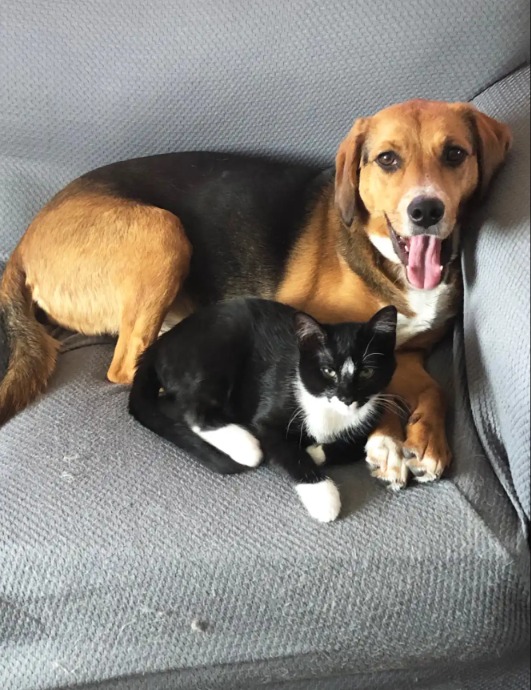
Now Scout is healing. The frantic, frightening days are behind her, though her owners remain both grateful and cautious.
They are sharing her story widely—not to spread fear, but to spread awareness: if your pet eats something strange, even something supposed to be “safe,” don’t wait.
Marine or wildlife programs may use materials meant for animals in nature—but domestic pets are not part of that plan.
What’s mild in theory can turn serious in the real world.
Scout’s ordeal is a rare one, but it shows: love and fast action can make the difference between life and loss.
That small dog, by all hopes, was not meant to survive this battle. But she did.
And now, every breath she takes is proof that vigilance, compassion, and urgency can rewrite fate.

